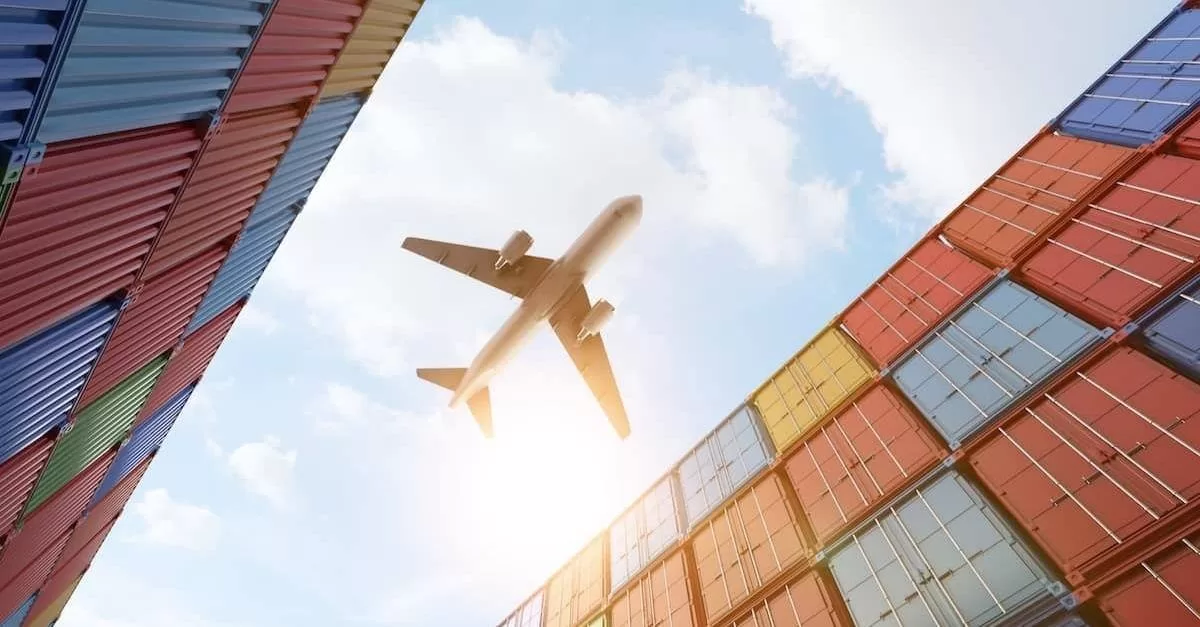How Air Freight Logistics Services Handle Customs Clearance Faster Than Ocean Freight?
Air Freight Logistics offers a significant advantage in speed, especially when it comes to customs clearance. Compared to ocean freight, the air cargo process is structured for faster movement and less delay. Customs authorities often prioritize air shipments due to their urgent nature, meaning inspections and paperwork get processed more swiftly. Moreover, air freight hubs are usually better equipped with digital infrastructure and automation tools. These systems allow real-time data exchange between logistics providers, airlines, and customs officials. As a result, documents are pre-cleared before the shipment even lands, reducing hold times and improving predictability. This proactive approach is a defining strength of modern air freight logistics.
Digital Documentation Enables Faster Approvals
A key differentiator is the use of Electronic Data Interchange (EDI). Air freight logistics services heavily rely on digital documents, such as e-AWBs (electronic air waybills), which accelerate the clearance process. These documents are transmitted instantly and eliminate manual errors that often occur with ocean shipping’s paper-heavy methods.
Furthermore, many air freight carriers have pre-arrival filing systems in place. This means customs authorities receive the cargo information before the flight lands. It gives officials ample time to assess and approve the shipment ahead of time, reducing clearance to mere hours rather than days. This level of automation makes air freight logistics a more intelligent choice for time-sensitive goods.
Centralized Facilities Improve Coordination
Air cargo often passes through centralized international hubs. These facilities combine customs, inspection, and warehousing under one roof. Such proximity enhances coordination between customs agents and logistics providers, facilitating seamless clearance of goods.
In contrast, ocean freight relies on sprawling port terminals, where containers may sit for days waiting to be processed. This physical fragmentation leads to slower customs handling. With Air Freight Logistics, shipments benefit from tighter control, shorter distances between checkpoints, and integrated systems that support rapid processing.
Standardized Procedures Streamline the Process
Another benefit lies in the standardization of air freight procedures. Most global air carriers follow the same protocols for documentation, inspections, and security. This uniformity reduces miscommunication and streamlines the process for customs officials worldwide.
On the other hand, ocean freight procedures often vary by port, vessel, or country. Inconsistencies and bureaucracy can result in extended delays. By contrast, Air Freight Logistics provides a predictable framework that customs agencies can work with efficiently, which is crucial for international supply chain planning.
Better Visibility Reduces Risk of Delays
Air freight systems are typically built with real-time tracking capabilities. Shippers and customs officials can monitor cargo status from departure to arrival. If a delay or issue occurs, it is promptly identified and addressed. This visibility is crucial for rapid customs clearance.
Ocean freight, by comparison, often lacks detailed tracking beyond the port level. Containers might be delayed due to weather, port congestion, or lack of communication between handlers. Air Freight Logistics, with its superior tracking tools, keeps everyone informed and minimizes the chances of clearance delays caused by uncertainty.
Skilled Agents and Priority Handling Matter
Many air freight providers employ dedicated customs brokers who specialize in international regulations. These experts ensure all documentation is in order before the cargo reaches the border. With their experience, they can identify potential issues and resolve them promptly, preventing delays.
Additionally, air cargo generally receives priority handling due to its nature, which involves high-value, time-sensitive, or perishable goods. Customs officials are more likely to expedite these shipments. Air Freight Logistics services utilize this priority status to expedite goods through checkpoints more quickly than ocean shipments, which may be lower on the urgency scale.
Lower Risk of Congestion and Bottlenecks
Airports, by design, operate with scheduled precision. Flights land and depart at fixed times, and ground handling services are optimized to meet those schedules. This rhythm helps prevent congestion and minimizes bottlenecks in customs operations.
Conversely, seaports often struggle with peak-time congestion, vessel delays, and staffing shortages. Containers can pile up, causing days of delay. By choosing Air Freight Logistics, businesses reduce their exposure to such risks and gain access to a more controlled and time-sensitive environment.
Air Freight Logistics Outpace Ocean Freight in Customs Clearance
Air Freight Logistics services consistently outperform ocean freight in terms of customs clearance. With digital documents, centralized operations, expert brokers, and streamlined protocols, air freight reduces clearance time from days to hours. Its visibility tools, standardized procedures, and infrastructure are designed for speed and accuracy. For businesses that value time, security, and efficiency, the choice is clear. While ocean freight may still be suitable for bulk and low-priority shipments, air freight is the preferred option for urgent and high-value cargo.


